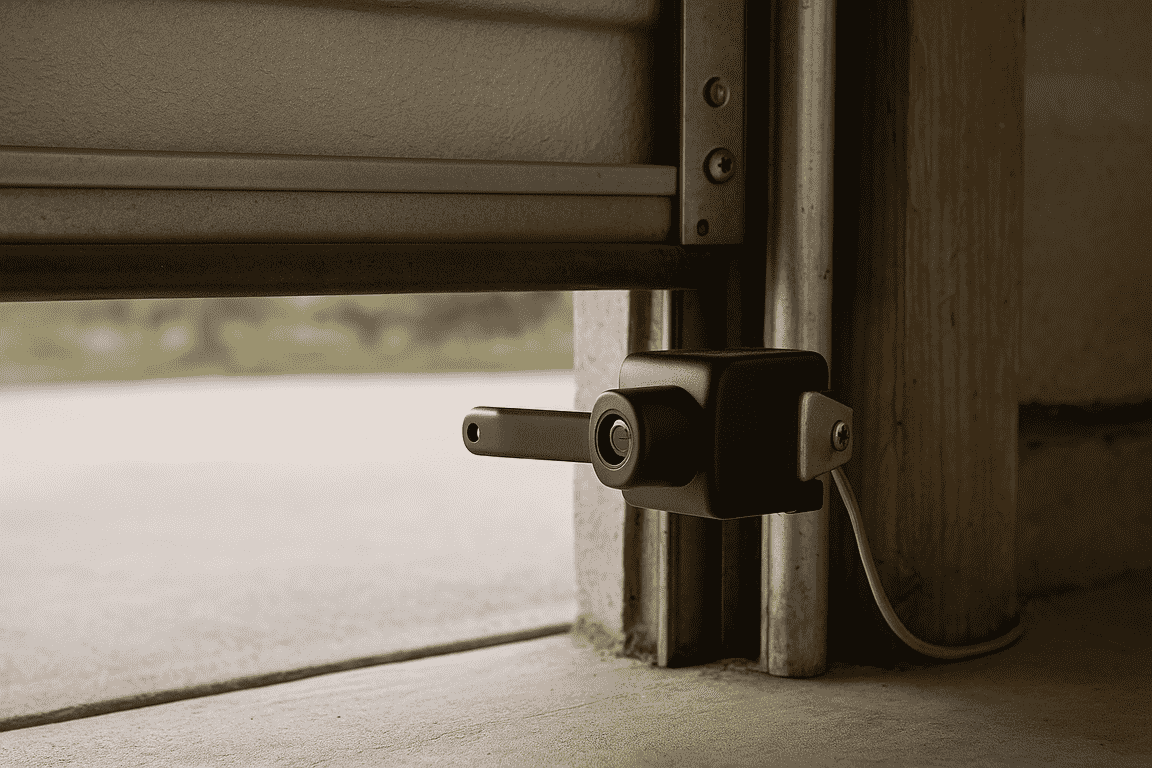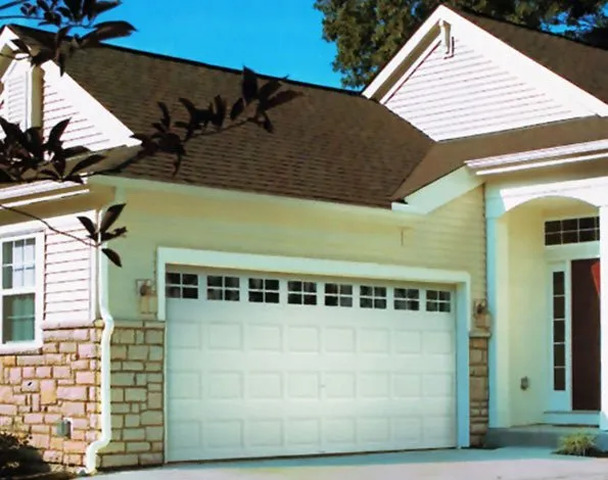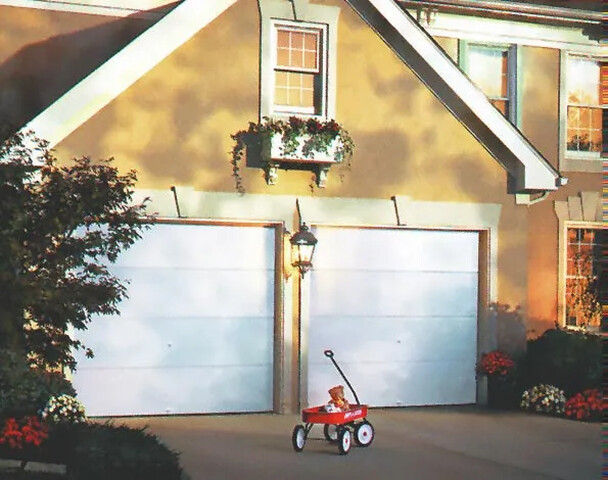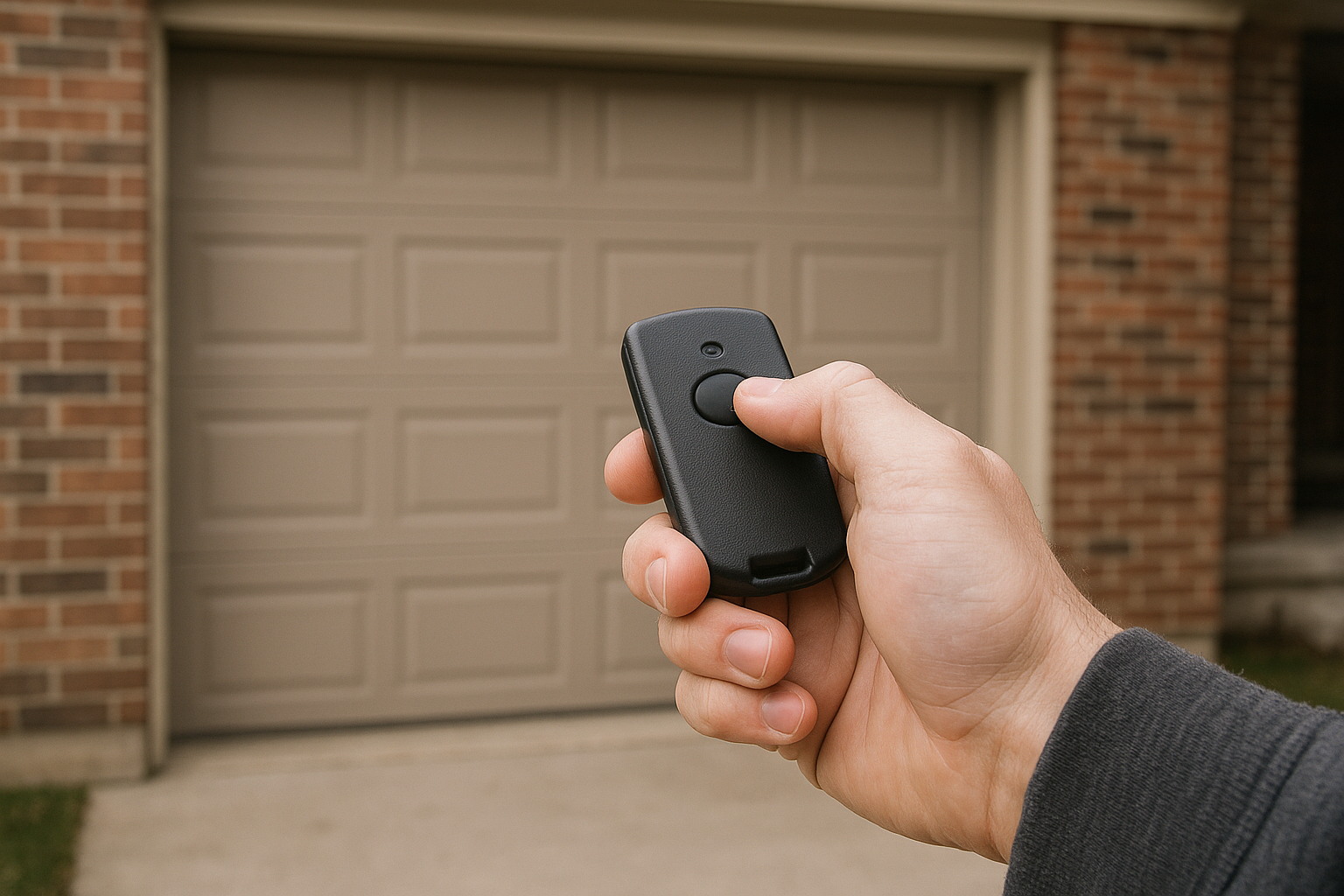By using our website, you agree to the use of cookies as described in our Cookie Policy
Garage Door Springs | Anderson Overhead Door Company Of Michigan
Like other home fixtures, your garage door has many benefits every homeowner shouldn't overlook. When your garage door is properly functioning, you will enjoy boosted curb appeal and the safety of your belongings. Your garage can be the safest storage space at home. While enjoying these and more benefits, your garage door is also always susceptible to problems.
Because of the daily usage, even the most robust garage door suffers malfunctions. Broken springs are one of the most common issues most garage door owners don't usually realize. In order to avoid garage door spring problems from worsening, keep reading for the common indications your springs need replacement.
1. Noticeable Gaps
Even though garage doors are made for daily uses and repetitive opening and closing, these endless circles risk springs from breaking, and rust is the main culprit for spring malfunctions, especially when you don't regularly lubricate your door. Noticeable rust on the door springs is an indication that they are losing their steel integrity.
Once steel loses its firmness, the springs break down following the daily closing and opening. They break from the constant coiling and uncoiling when opening and closing the door. Another reason causing spring problems is grime and debris. Dirt and debris like to accumulate within the door tracks. When these elements get to the rollers, they block them causing the garage door to jam.
When jamming occurs, springs become easily prone to malfunctions by having difficulties releasing their energy to close and open the door, or sometimes, they fail to coil and uncoil properly. Therefore, when springs hardly coil and uncoil, they bend, leading to noticeable gaps between them and the door.
2. Loose Cables and Extra Weight in Closing and Opening the Door
When springs are broken or not correctly working, they lead to cable problems by making them jump off the garage door drum where they are attached. If your garage door uses torsion springs, they commonly cause cable problems because they easily burst. For example, too much pressure on the garage door due to the repetitive closing and opening leads to spring snapping issues.
When springs snap, they either bend or become loose. When this happens, cables also lose their strength and detach themselves off their positions connecting the door. Feeling your garage door suddenly becoming heavy indicates that your springs have issues.
For instance, if your door uses extension springs, they are responsible for holding the door's weight when opening and closing it. If these springs break or hardly coil and uncoil, the door's weight is released to whoever closes or opens it. To know when you need to replace your springs, watch out how heavy opening and closing your garage door feels over time.
3. The Door Opens Halfway
While sometimes you might get used to opening your garage door halfway, trying to open it completely and failing means its springs aren't working as expected. When this happens, the issue is likely coming from the torsion springs. Instead of the torsion springs supporting and holding the door's weight in place, they release it to one side making it hard to open because it is slanting sideways to stay upright.
4. Loud Banging
If your garage door is made of materials that bang when released with much effort, loud banging won't always indicate issues with the springs. But, if your door isn't made from materials that bang easily, noises likely indicate something isn't right with the springs.
Even after you realize these spring problems, the best thing to do is get prompt, professional help. At Anderson Overhead Door Company Of Michigan, you'll always find a quick solution. Contact us for reliable garage door services all the time.
‹ Back





